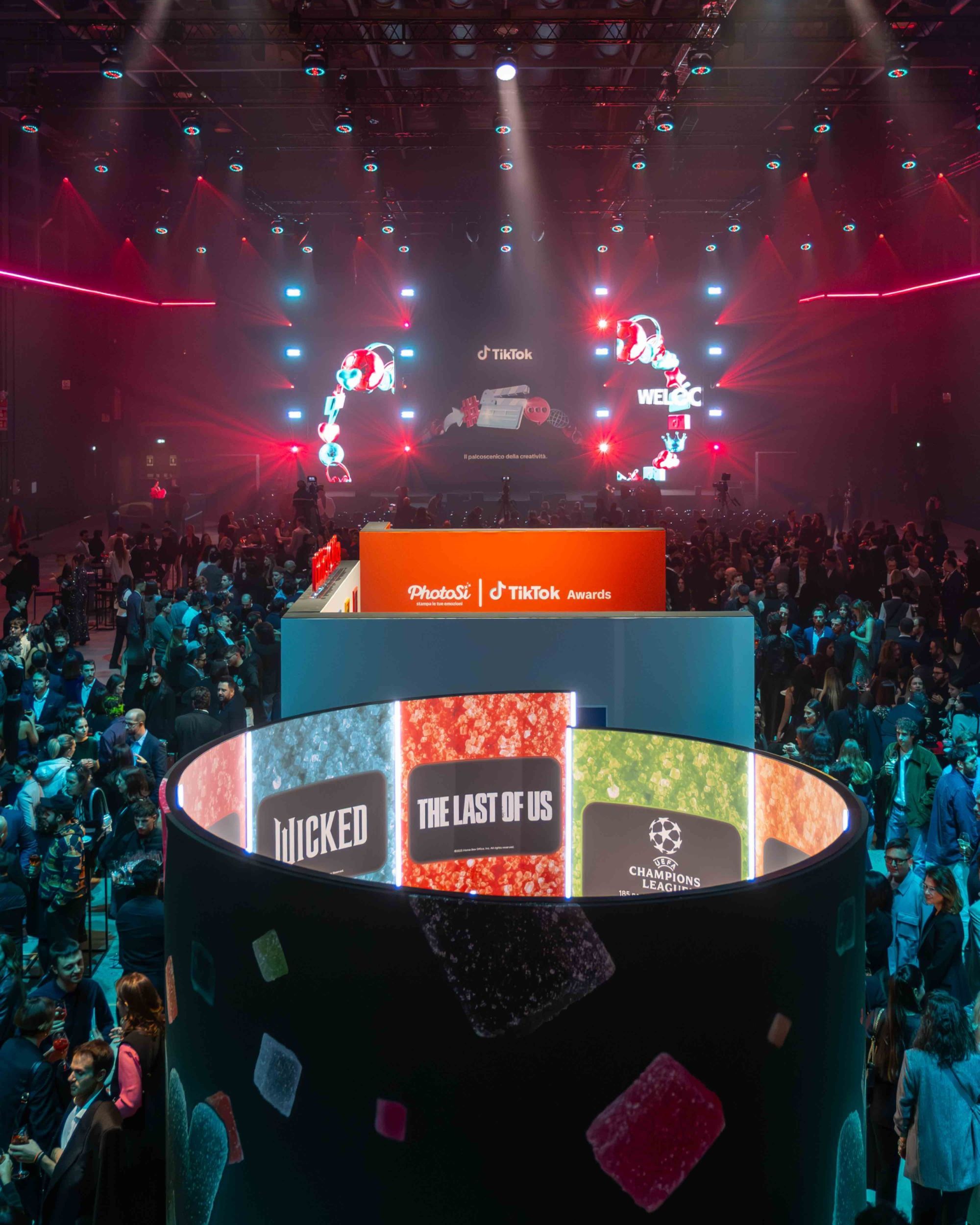
TikTok announced they want to start publishing books And the entire editorial world goes to shables
The influence of TikTok extends far beyond memes, cooking tutorials, or fun skits, entering the realm of publishing: ByteDance, the platform's parent company and a giant in the Chinese tech world announced that it plans to publish 10 to 15 printed books annually, starting in 2025. The genres include romantasy, romantic novels, slow-burn love stories, the classic teen drama "Enemies to lovers", and young adult fiction, the most popular among Gen Z. The move follows its first step into digital publishing last year: through collaboration with various publishers, including HarperCollins.uk, Wh Smith, Bloomsbury, Bookshop.org, in August 2023, the company launched its own publishing house, 8th Note Press, to independently produce titles from authors promoted on the platform: since its inception, it has acquired the rights to over 30 books. In recent years, book reviews and exaggerated reaction videos, including theatrical crying in time-lapse, have gained so much fame among users that they’ve contributed to the rise of a true trend: over 38 million posts tagged with #BookTok, with approximately 200 billion views on the hashtag, 3 billion of which come from Italy. The phenomenon has had such a profound impact that it was included as a neologism by Treccani in 2023, confirming TikTok’s role as the Official Entertainment Partner of the Turin Book Fair for the second consecutive year. Content related to the app’s favorite genres – 80% of those following the hashtag are under 35, according to an NPD study – grew by 15% in the first nine months compared to 2023, according to a study by the New York Times.
#BookTok was born spontaneously during the March 2020 lockdown: a community of readers who review titles in short videos, share reflections, spark debates, and launch challenges. The surprise lies in the selection, often geared toward the rediscovery of great classics: from Pride and Prejudice to the contemporary The Song of Achilles, which was revived in 2021 by a Chicago student. The choices span a broad and varied timeline, united by a narrative that touches the reader's emotions. The mission of @alifeofliterature, an account with over 270,000 followers, is “to make people feel what I feel.” In this way, the voice of a content creator consolidates the pen of an author, conveying messages that one can relate to, characters to empathize with, and, why not, lessons to be learned. Thus, exchanges that drive the most interaction hinge on emotional chords: this is the case with the success of A Thousand Boy Kisses by Tillie Cole, also due to the viral challenge to “not shed a tear.” But there’s more – young people are not content just listening to their favorite #booktokers; they are widespread and rediscover the importance of experiencing firsthand the sensations conveyed by an excerpt’s interpretation or the enthusiasm with which a particular passage is recounted: they rush to the bookstore. Thus, Miller’s bestseller, rediscovered years after being left on the shelf of indifference, finds its moment of glory, reaching 10,000 sales per week.
@alijhali I’ve never attached to a character more than Achilles and how I wish I could read this for the first time again #fy #booktok #songofachilles New Home - Frozen Silence
The process doesn’t just involve Gen Z; it is transgenerational: TikTok is now a leading driver of a new approach to conversations about reading. Young people are captivated by a storyline and feel compelled to share it with family or friends. In this way, the exchange becomes real and allows for a debate that shifts from the ephemeral to the concreteness of the living room, arousing curiosity in a more reluctant audience toward genres that have long been stereotyped. In the case of romance, rooted in the works of Charlotte Brontë or Jane Eyre, the central focus lies in love relationships and their evolution. Human dynamics, always relevant and relatable even two centuries later, have long been stereotyped or otherwise not considered intellectually relevant for conversation. Thus, through a new attitude based on emotional sharing, romance novels, historically derided and confined to a young female audience, earn a place on the discussion stage. While on one hand, the literary exchange originating on the platform has contributed to an interesting increase in literary consumption, drawing a diverse audience closer to the app, can we truly define this trend as democratic, inclusive, and horizontal?
I think we need to acknowledge the fact that tiktok is changing the book industry. Many authors are writing books with specific formulas that are guaranteed to go viral on tiktok. Also, booktokers have become the most “popular” reviewers, so authors are trying to appeal to them.
— aria (@beckettc0balt) February 25, 2022
Following the wave of #BookTok, the process goes in reverse: starting from user tastes, publishing houses take note. It’s the storylines that stimulate a collective emotional response that drives the market, limiting the scope to a certain niche. The result is a fall into oblivion for less immediate genres, but with great formative and cultural depth, which would require an intellectual effort, a challenge less in line with the app's fickle pace. According to data collected by the Italian Publishers Association, the impact of #booktok on the publishing market is allowing many titles to become bestsellers, as in the case of The Fabricator of Tears by Erin Doom or It Ends with Us by Colleen Hoover. The result is fueled by publishers increasingly seeking collaborations with content creators: in a race to see who has the most influence on sales growth, the line between passionate promoter and astute calculator of marketing opportunities is thin, often at the expense of the quality of promoted material. Jacob Bronstein, editorial head of 8th Note, said in an interview with the New York Times "We’re thinking first of all about what readers like, who reads these books, how these books are talked about, how these conversations happen online, and where? Genre comes second." TikTok thus positions itself as an active player: the ability to make its authors go viral and generate substantial distribution volumes in a short time is bending publishing houses to the whims of a trend-driven system, decreeing the disappearance of less appealing genres.














































